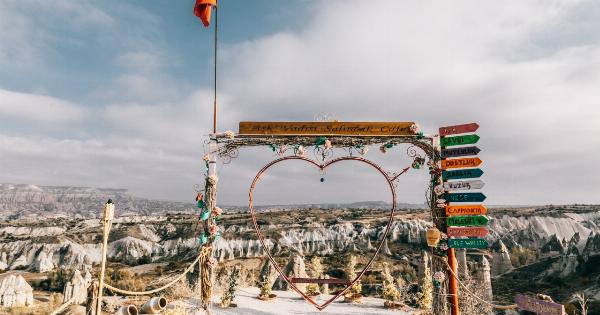Creatinine is a waste product that is produced by the muscles during normal muscle activity. It is filtered out of the blood by the kidneys and eliminated from the body through urine.
However, when the kidneys are not functioning properly, the levels of creatinine in the blood can become elevated. High levels of creatinine in the blood can be a sign of kidney dysfunction or damage. If you are worried about high creatinine levels, here are some signs to look out for:.
1. Fatigue and Weakness
One of the common signs of high creatinine levels is fatigue and weakness. This is because when the kidneys are not working properly, toxins and metabolic waste products can build up in the body, leading to a feeling of tiredness and weakness.
2. Swelling
Another sign to look out for is swelling, also known as edema. When the kidneys are not able to remove excess fluids and waste products from the body, fluid retention can occur, leading to swelling in the legs, ankles, feet, and even around the eyes.
3. Shortness of Breath
High creatinine levels can sometimes affect the lungs, leading to shortness of breath. This can be due to fluid accumulation in the lungs or a decrease in the oxygen-carrying capacity of the blood.
If you experience difficulty breathing, it is important to seek medical attention.
4. Frequent Urination
With kidney dysfunction, the body may produce either more urine than usual or less urine than normal.
If you notice a sudden increase in the frequency of urination or if you wake up multiple times during the night to urinate, it could be a sign of high creatinine levels and impaired kidney function.
5. Changes in Urine
Changes in urine color, odor, or appearance can also indicate high creatinine levels. Darker or foamy urine can be a sign that the kidneys are not properly filtering waste products.
Blood in the urine, known as hematuria, can also occur with high creatinine levels.
6. Nausea and Vomiting
When the kidneys are not functioning properly, toxins can accumulate in the body and cause nausea and vomiting. These symptoms may be worse in the morning or after eating.
If you experience persistent nausea and vomiting, it is important to consult a healthcare professional.
7. High Blood Pressure
Kidney dysfunction can lead to an increase in blood pressure. This is because the kidneys play a crucial role in regulating blood pressure by controlling the amount of fluid and salt in the body.
High creatinine levels can disrupt this balance and result in elevated blood pressure.
8. Muscle Cramps
In some cases, high creatinine levels can cause muscle cramps and spasms. These cramps are often related to electrolyte imbalances and can be quite painful. If you experience frequent muscle cramps, it is important to get your creatinine levels checked.
9. Decreased Appetite
When the kidneys are not functioning properly, waste products can build up in the bloodstream, leading to a decreased appetite. You may find that you have a reduced desire to eat or that food tastes different. Unexplained weight loss can also occur.
10. Itchy Skin
High creatinine levels can cause itching and dry skin. This is because the buildup of waste products in the blood can irritate the nerves in the skin. Itching may be particularly noticeable in the lower extremities, such as the legs and feet.
If you experience any of these signs or have concerns about your creatinine levels, it is important to consult a healthcare professional.
They can perform the necessary tests to assess your kidney function and determine the underlying cause of the elevated creatinine levels.































